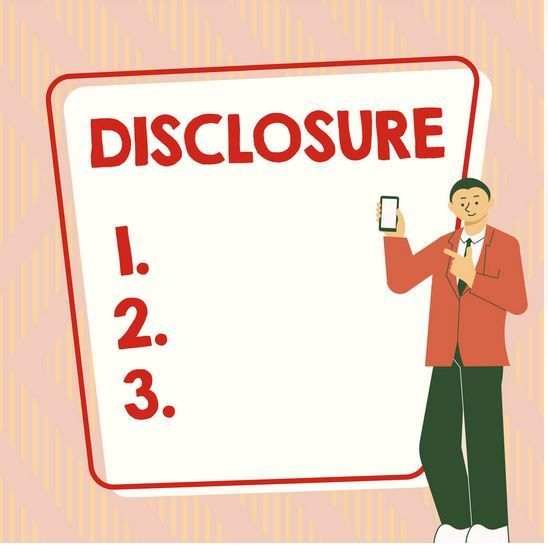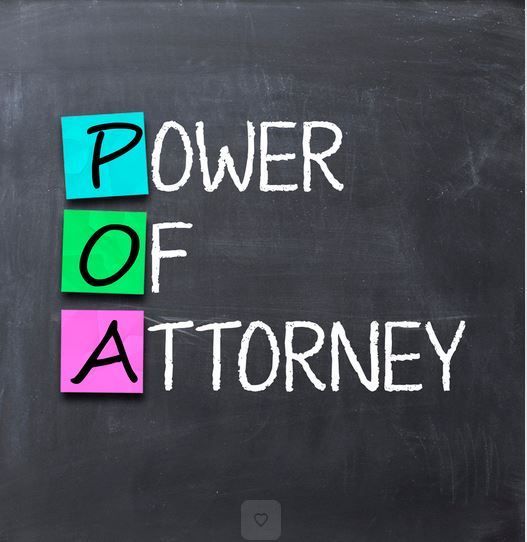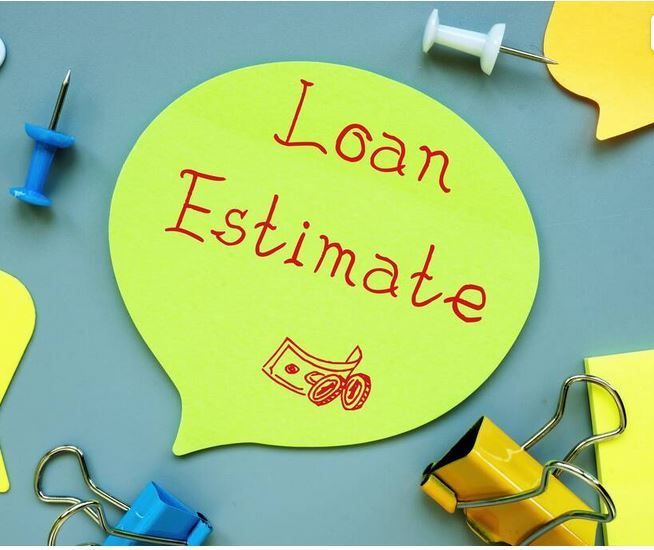Holiday Season Generosity: The Tax Consequences of Gifting Vermont Property

Why Consider Gifting Real Estate?
As the holiday season approaches, some Vermont residents may contemplate gifting real estate as a generous and meaningful present. Real estate gifts, such as a family home, land, or vacation property, can be a way to pass on valuable assets to loved ones while avoiding probate and ensuring the property stays within the family.
Capital Gains Tax Considerations
One of the first tax considerations in gifting real estate is the capital gains tax. This tax is typically applicable when the property is sold. It's important to understand that when you gift real estate, the recipient inherits your cost basis in the property. This is the amount you paid for the property, plus any improvements, minus any depreciation.
If the recipient of a gift later sells the property, they may be liable for capital gains tax on the difference between the selling price and your original cost basis. This can result in a significant tax bill, especially for highly appreciated properties.
The Basis of Gift and Step-Up in Basis
The basis of a gift is crucial for tax purposes. As mentioned, the recipient of a gifted property takes on the donor's basis. However, there is an exception when inheriting property. If the property is inherited, rather than gifted, the basis is 'stepped-up' to the market value at the time of the donor's death. This can significantly reduce capital gains tax if the property has appreciated over time.
Gift Tax Implications
The federal gift tax applies to transfers during one's lifetime. In 2023, the federal gift tax exemption is $17,000 per recipient per year. This means you can gift up to this amount to any number of people each year without paying gift tax or having to file a gift tax return. However, gifting real estate often exceeds this exemption, meaning you may need to file a gift tax return.
If you gift an amount above the annual exclusion to a single individual within a year, you must report this to the IRS using Form 709. These amounts count against your lifetime exemption. It's important to note that while you may need to report gifts exceeding the annual exclusion, you will not owe any tax until you've surpassed the lifetime exemption of $12.92 million per individual for 2023.
Vermont also imposes its own estate tax, so it's essential to consider both federal and state laws in your estate planning.
Transfer Tax in Vermont
When real estate is gifted in Vermont, a transfer tax may be applicable. This is typically paid by the property's purchaser, but in a gift situation, it may still be due. The tax rate is 1.45% of the fair market value of the property with a discounted rate if the property will be the recipients primary residence. The gift may be exempt from transfer tax if the gift is between certain family members.
Property Taxes
Qualifications for a property tax adjustment and the homestead tax rate will be affected and should be considered before making a gift of real estate.
Navigating the Complexities
Gifting real estate is a generous act but comes with complex tax implications. It's crucial to consult with a real estate attorney and a tax professional to navigate these waters effectively. They can provide guidance tailored to your specific situation, ensuring both you and your loved one benefit from the gift in the best possible way.
This post provides a broad overview and should not be considered legal or tax advice. Each situation is unique, and laws may change, so it's always best to consult with a professional for the most current and applicable advice.










